Hassle Free Delivery
Ivermectin Tablet
Ivermectin is an anti-parasitic drug that treats certain infectious diseases caused by parasites like roundworms. It is a type of medication known as anthelmintics, used to destroy “helminths,” worm-like parasites. The family of the drug is “avermectin”.
Ivermectin kills specific parasites by either paralyzing them or starving them. It is generally used to treat parasitic infections of the eyes, skin, and intestinal tract. The treatment is known as “deworming”.
Ivermectin should not be used to treat any bacterial or viral diseases. Do not use it for COVID-19 unless you participate in a clinical study.
$70.00 – $435.00
Discreet Packaging
Safe and Affordable
How Does Ivermectin Tablet Work
- Ivermectin comes under the avermectin class of medicines. It has potent anthelmintic and insecticidal properties.
- Ivermectin destroys parasitic worms by opening chloride channels that are sensitive to glutamate (the neurotransmitter).
- This prevents their nervous system from working.
- By targeting the nervous system, the drug causes paralysis and as a result, kills the parasites.
Uses of Ivermectin Tablets
- Cures parasite infections, e.g., hookworm and threadworm infestation, river blindness (onchocerciasis), roundworm infestation (e.g., strongyloidiasis), filariasis (a mosquito-borne infection), loiasis (skin and eye disease)
- Used for the treatment of scabies (skin rash caused by mites)
- The topical cream with this ingredient treats head lice. It also helps with skin conditions such as rosacea (appears as a red rash on the nose and cheeks)
- Prevents the infection from turning fatal
- It kills both endoparasites and ectoparasites, so it’s termed as “the world’s first endectocide”.
- Improves quality of life and promotes health and well-being.
Dosage
Take Ivermectin as per your physician’s advice because it’s based on the type of infection, your weight, and your age. The tablet is to be swallowed with one full glass of water on an empty stomach. In case you’re unable to swallow it whole, you may cut it into two. However, the usual recommended Ivermectin doses for some infections are as follows:
- Adult dose for Onchocerciasis- 3 mg once (weight: 15-25 kg); 6 mg one time (weight: 26-44 kg); 9 mg once (weight: 45-64 kg); 12 mg once (weight: 65-84 kg); 0.15 mg/kg (weight: >85 kg).
- Adult dose for Strongyloidiasis- 3 mg once (weight: 15-24 kg); 6 mg one time (weight: 25-35 kg); 9 mg once (weight: 36-50 kg); 12 mg once (weight: 51-65 kg); 15 mg once (weight: 66-79 kg); 0.2 mg/kg (weight: >80 kg).
- Adult dose for Filariasis- 0.2 mg/kg body weight one time
- Adult dose for Ascariasis- 0.2 mg/kg body weight one time
- Adult dose for Scabies- 0.2 mg/kg body weight one time (repeat after two weeks)
- Adult dose for Cutaneous Larva Migrans- 0.2 mg/kg body weight one time (for 1 or 2 days)
- Adult dose for Trichuriasis- 0.2 mg/kg body weight once daily (3 days)
- Adult dose for parasite infection of eyes and skin- 0.15mg/ kg one time (follow up with your doctor for additional dose)
Missed Dosage
Ivermectin is usually a single-dose medication, so there are rare chances of you missing a dose.
However, if you’re using a series of doses as prescribed by your doctor, and you miss a dose, take it as soon as you remember. If it’s about time for the next dose, skip the missed dose and only take the former. Do not take two doses at once.
Do not take Ivermectin more than or less than as advised by your doctor. Do not stop or change the dosage options without a doctor’s approval. Incorrect dosing can lead to anthelmintic resistance and failure in treatment.
Overdose
If you happen to have overdosed on the drug, get medical help. You may face mild to serious side effects, depending on how much Ivermectin you’ve taken. Some symptoms include skin rashes, headache, vomiting, dizziness, diarrhea, and seizures. Overdose can cause neurotoxicity, which can be fatal.
Safety Advice
Alcohol : CAUTION
Alcohol and Ivermectin aren’t known to interact. However, be careful with alcohol consumption when taking any medication.
Pregnancy : SEEK YOUR DOCTOR’S ADVICE
We don’t have sufficient evidence to confirm if ivermectin is safe during pregnancy. Inform your doctor as soon as possible if you are pregnant or trying to get pregnant while under this treatment.
Breastfeeding : POSSIBLY SAFE
Studies show low levels of ivermectin used by lactating mothers are passed into milk. Consult your doctor.
Driving : UNSAFE
This medication can make you dizzy or affect your vision. Do not drive or use hazardous machinery until you have fully understood its effects on you.
Kidney : CAUTION
Ivermectin may affect kidney functions. Speak to your doctor if you have kidney problems.
Liver : CAUTION
Ivermectin will be processed by your liver, so use caution if you have an existing liver problem. Seek medical advice before use.
Other Precautions
Let your doctor know about any health condition you are suffering from or have suffered from in the past.
- If you are allergic to Ivermectin or any of the tablet’s inactive ingredients
- If you have a history of liver-related problems
- If you experience or have had seizures
- If you have been diagnosed with HIV or any other condition that lowers your immunity
- If you suffer from asthma
- Certain parasite infections, e.g., Loa loa should not be used with this treatment.
Side effects of Ivermectin tablets
We still need more data regarding the efficacy or safety of this drug. However, current evidence shows few adverse effects.
Some common Ivermectin side effects are:
- Tiredness or exhaustion
- Loss of appetite
- Nausea
- Dizziness
- Stomach pain
- Joint pain
- Tender lymph nodes
- Fever
- Eye problems
The common symptoms will go away in a few days on their own.
Severe side effects are rare (maybe the result of an overdose) and may include:
- Neck and back pain
- Redness and swelling in eyes
- Changes in vision
- Shortness of breath
- Seizures
- Confusion
- Urinary problems (can’t control urine) and bowel movement issues
- Dark urine
- Extreme fatigue
- Coma
In some people, Ivermectin can cause a serious allergic reaction. Symptoms include skin rash, swollen tongue and/or throat, and difficulty in breathing.
In case you see a symptom that doesn’t go away or concerns you, seek medical attention.
Interaction With Other Drugs
Certain medications and substances (e.g., herbs and supplements) may alter the way Ivermectin works. Let your doctors know about drugs/supplements you consume often or regularly.
These may include:
- Blood-thinning drugs like warfarin
- Barbiturates like phenobarbital and butalbital
- Benzodiazepines like clonazepam and lorazepam
- Sodium oxybate (GHB)
- Valproic acid
- Rifampin
- Ritonavir
- Erythromycin
- Ketoconazole
- Cyclosporin
- Quinidine
- Verapamil
This list doesn’t contain all the drug interactions, so tell your doctor about any other medicine you might be taking.
Interaction With Alcohol
Consumption of alcohol (and marijuana) is known to increase the drug level in your blood plasma. So, it can make you dizzy. Do not drive while in this condition. Try to limit alcohol consumption.
Interaction With Grapefruit Juice
Grapefruit or its juice may hinder Ivermectin’s action, so avoid consuming it while on this medication.
Storage Instructions
Store the Ivermectin tablets in their original packaging at room temperature (86 degrees F/30 degrees C. Do not expose them to direct light or moisture, as it may damage the drug. Dispose of the expired tablets or empty packages properly. Keep it out of reach of the children.
References
- Sulik, M., Antoszczak, M., Huczyński, A., & Steverding, D. (2023). Antiparasitic activity of ivermectin: Four decades of research into a “wonder drug.” European Journal of Medicinal Chemistry, 261, 115838. https://doi.org/10.1016/j.ejmech.2023.115838
- Failoc-Rojas, V. E., Silva-Díaz, H., Maguiña, J. L., Rodriguez-Morales, A. J., Díaz-Velez, C., Apolaya-Segura, M., & Valladares-Garrido, M. J. (2023). Evidence-based indications for ivermectin in parasitic diseases: An integrated approach to context and challenges in Peru. Parasite Epidemiology and Control, 23, e00320. https://doi.org/10.1016/j.parepi.2023.e00320
- Clinical care of strongyloides. (2024, February 16). Strongyloides. https://www.cdc.gov/strongyloides/hcp/clinical-care/index.html#:~=Ivermectin%20and%20albendazole%20can%20treat,2%20%E2%80%93%204%20weeks%20after%20treatment.%20scabies
- Sanchezruiz, W. L., Nuzum, D. S., & Kouzi, S. A. (2018). Oral ivermectin for the treatment of head lice infestation. American Journal of Health-System Pharmacy, 75(13), 937–943. https://doi.org/10.2146/ajhp170464
- Crump, A., & Omura, S. (2011). Ivermectin, “Wonder drug” from Japan: the human use perspective. Proceedings of the Japan Academy Series B, 87(2), 13–28. https://doi.org/10.2183/pjab.87.13
- Zhao, Y., Gameiro-Ros, I., Glaaser, I. W., & Slesinger, P. A. (2021). Advances in targeting GIRK channels in disease. Trends in Pharmacological Sciences, 42(3), 203–215. https://doi.org/10.1016/j.tips.2020.12.002
- Hoang, R., Temple, C., Correia, M. S., Clemons, J., & Hendrickson, R. G. (2022). Characteristics of ivermectin toxicity in patients taking veterinary and human formulations for the prevention and treatment of COVID-19. Clinical Toxicology, 60(12), 1350–1355. https://doi.org/10.1080/15563650.2022.2134788
- Hoang, R., Temple, C., Correia, M. S., Clemons, J., & Hendrickson, R. G. (2022b). Characteristics of ivermectin toxicity in patients taking veterinary and human formulations for the prevention and treatment of COVID-19. Clinical Toxicology, 60(12), 1350–1355. https://doi.org/10.1080/15563650.2022.2134788
- Canga, A. G., Prieto, A. M. S., Liébana, M. J. D., Martínez, N. F., Vega, M. S., & Vieitez, J. J. G. (2008). The Pharmacokinetics and Interactions of Ivermectin in Humans—A mini-review. The AAPS Journal, 10(1), 42–46. https://doi.org/10.1208/s12248-007-9000-9
- Duthaler, U., Leisegang, R., Karlsson, M. O., Krähenbühl, S., & Hammann, F. (2019). The effect of food on the pharmacokinetics of oral ivermectin. Journal of Antimicrobial Chemotherapy. https://doi.org/10.1093/jac/dkz466
- Roche, D. J. O., Yardley, M. M., Lunny, K. F., Louie, S. G., Davies, D. L., Miotto, K., & Ray, L. A. (2016). A pilot study of the safety and initial efficacy of ivermectin for the treatment of alcohol use disorder. Alcoholism Clinical and Experimental Research, 40(6), 1312–1320. https://doi.org/10.1111/acer.13064
- ToxTalks. (2021). In IVERMECTIN (p. 2 of 3) [Report]. https://med.virginia.edu/toxicology/wp-content/uploads/sites/268/2021/10/Oct21-Ivermectin.pdf
Disclaimer
HisBlue is not a substitute for professional medical care or advice from your doctor. The health information on the HisBlue website is general and provided for your information only. We have ensured our content is accurate and current, with reviews by expert doctors. However, we cannot guarantee its accuracy or timeliness. This information is not meant to replace the diagnosis, treatment, or judgement of your doctor or another qualified healthcare provider.
Frequently Asked Questions (FAQs)
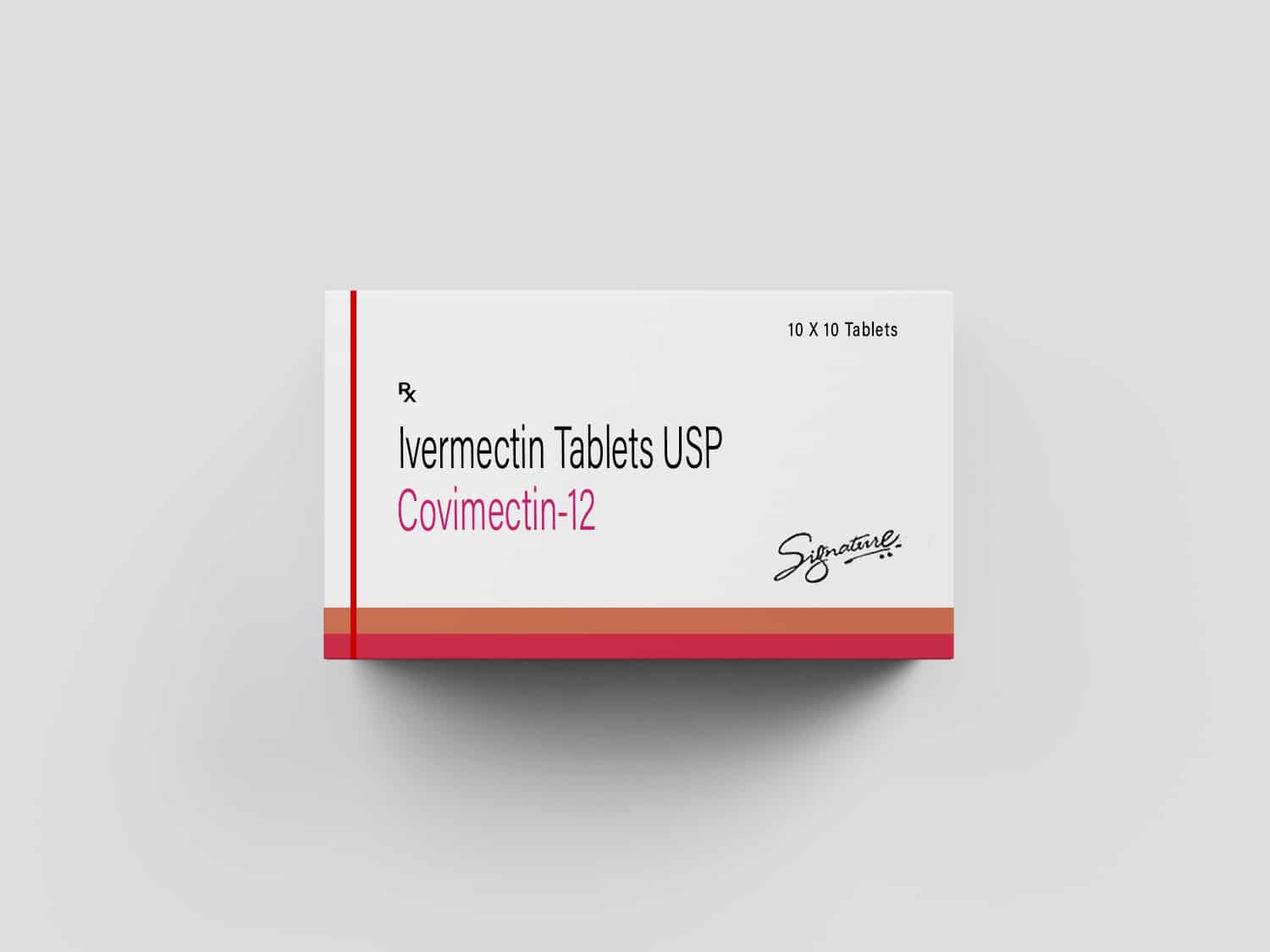
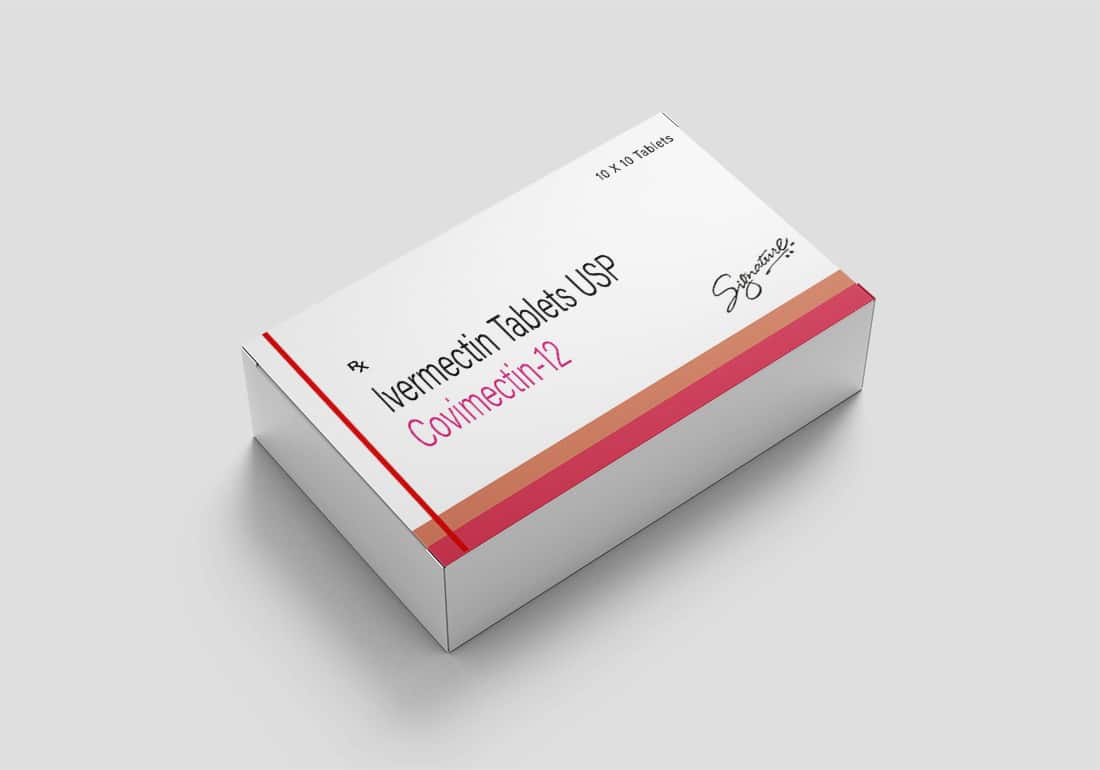
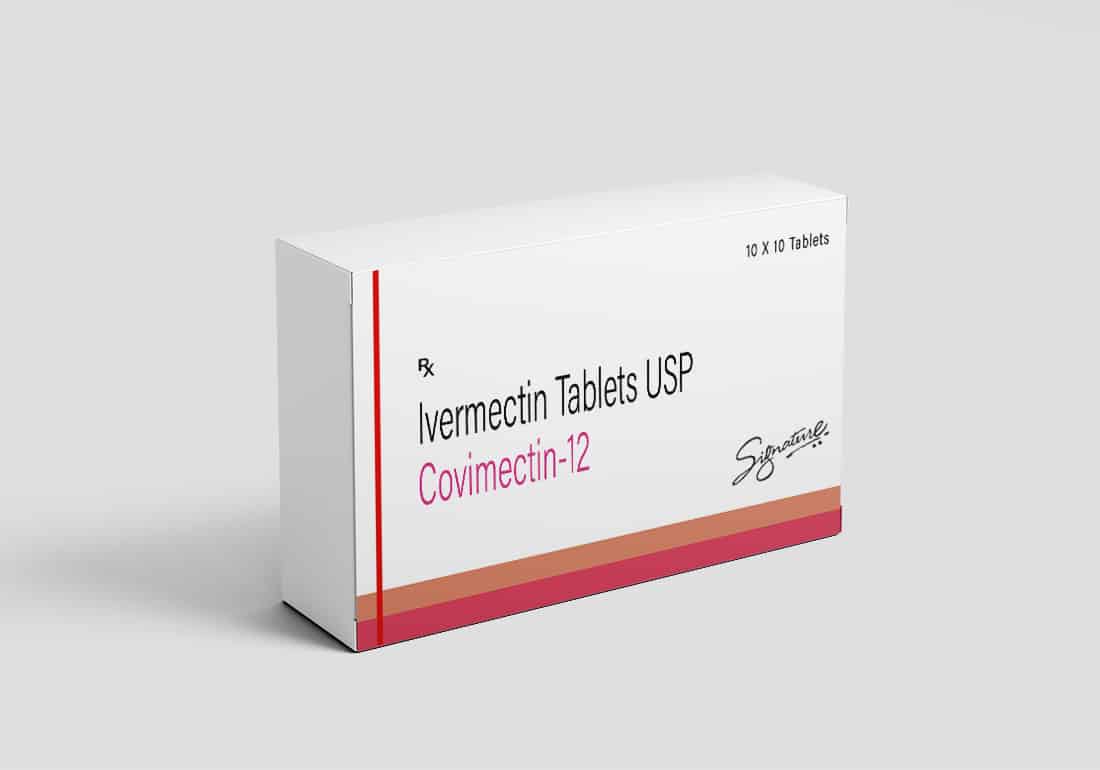
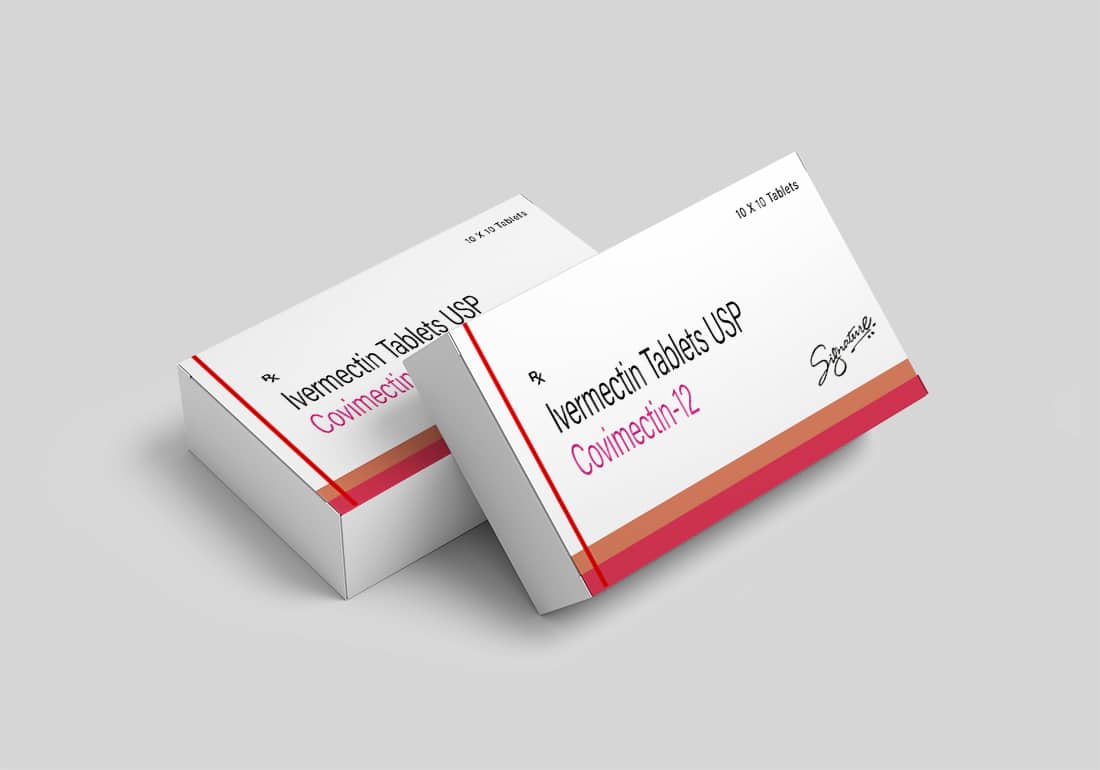
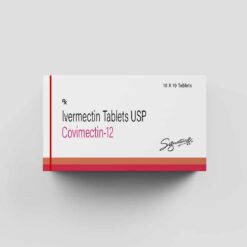






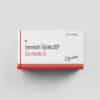
Reviews
There are no reviews yet